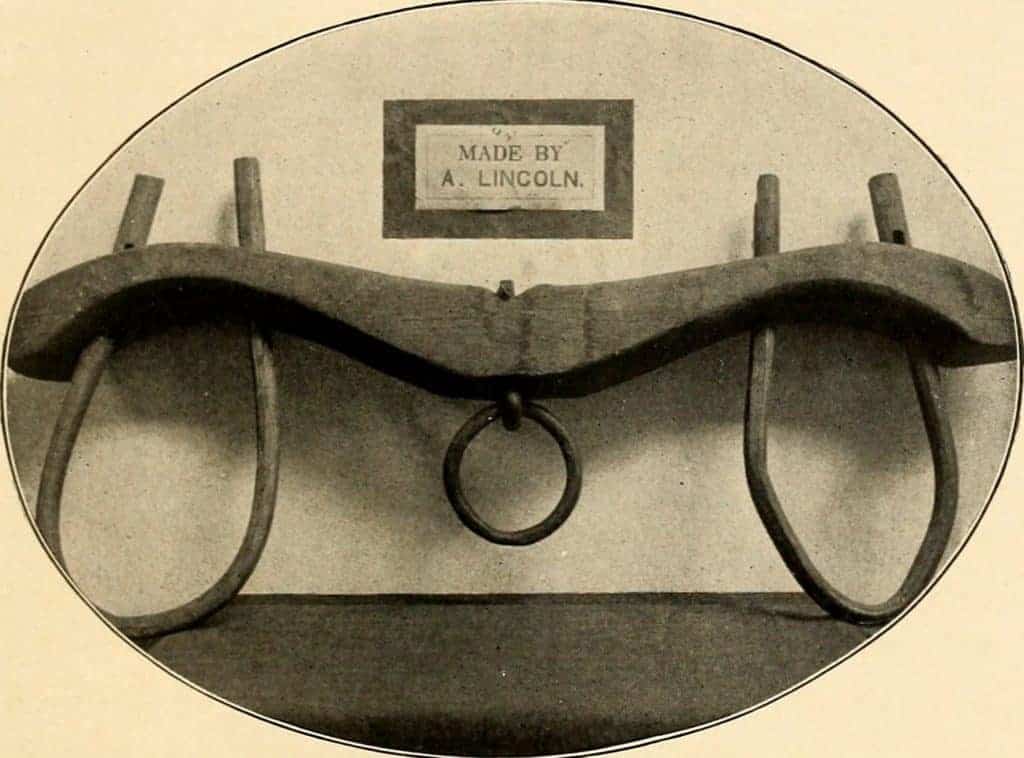In his book “Overcoming Toxic Parenting” Rick Johnson writes the following about having a positive attitude:
“Part of having a good attitude is developing gratitude for what we have. Do you have a faithful spouse and children who love you? Then you are blessed beyond words. Be grateful. Do you have a home to live in and food to eat every day? Are you physically healthy? If so, you are better off than most of the people in the world. Be grateful – rejoice in the blessings you have been given. If you are reading this book, you must be educated. What a huge blessing! That means you can change yourself. Be grateful for what you do have, not unhappy about what you lack.
I do understand that it is not easy to force ourselves to be happy. I don’t suggest this cavalierly. But our attitude is one of the few things we have control of. It is the one thing in life no one can take away from us. It’s
I find this helpful but also find this a challenge.
Much of the media that is available for consumption is specifically targeted to make us feel like we are missing something or that there is something that we need to do to improve our condition.
Advertisements breed dissatisfaction to prod us to buy a product. Talk radio feeds upon our sense that something isn’t right to get us spun up and keep us listening. Social media displays everyone else having the best time with the best people at the best places and this distorted view of reality can make us feel left out.
As I write this, I am reminded of the wisdom in the children’s song I learned years ago in Sunday School:
Oh be carefull little eyes what you see
Oh be carefull little ears what you hear
Oh be carefull little feet where you go
Oh be carefull little hands what you do


